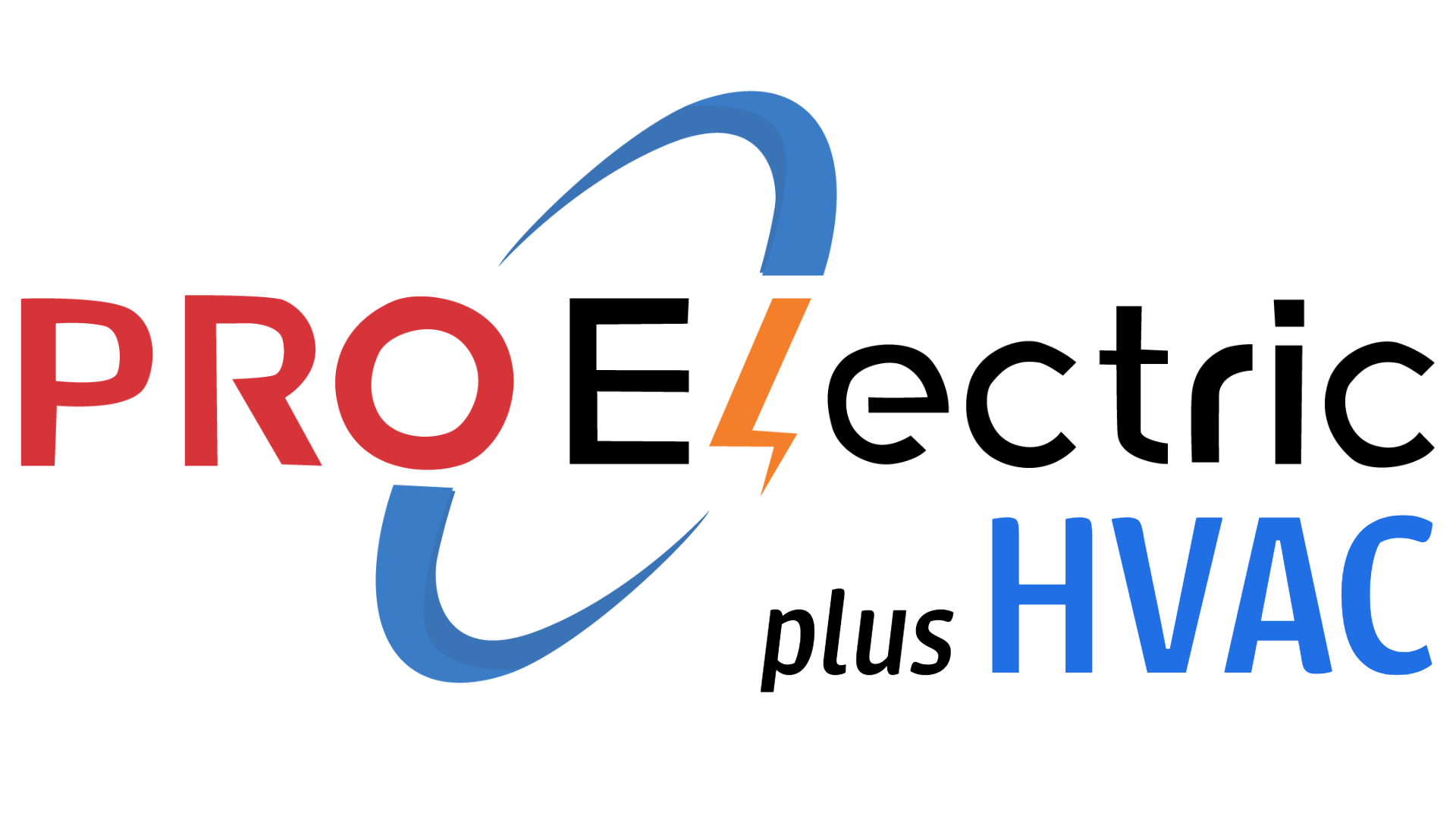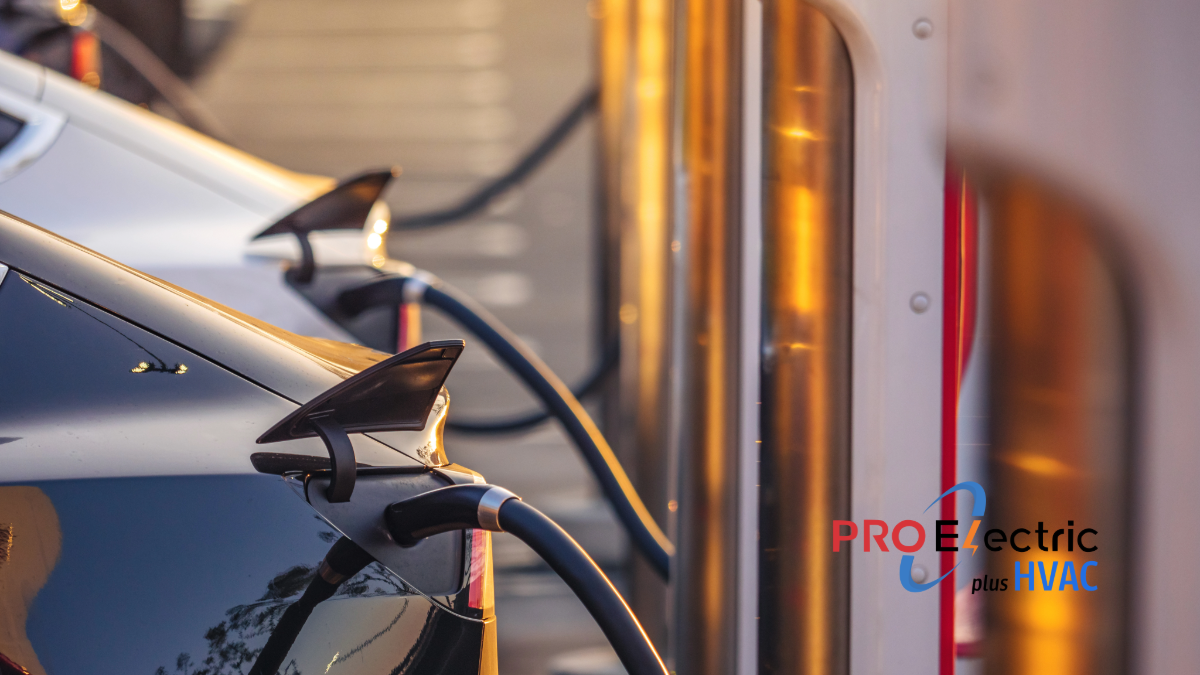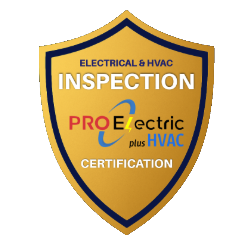EVs are replacing conventional fuel automobiles with a green and efficient alternative mode of transport.
The move to EVs creates challenges and opportunities in an area noted for its brisk economy and extensive traveling routes.
The most crucial challenge for EV owners will be the dependency on public charging stations during long journeys.
However, innovative solutions, particularly home EV charger installation, can help decrease these problems and enhance the EV ownership experience.
We discuss public EV charging challenges in Northern Virginia and how home charging solutions can benefit daily commuters.
The Public EV Charging Conundrum
Limited Access
Shortage of Public charging stations Northern Virginia, although economically vibrant, still lacks public charging stations.
This shortage becomes particularly troublesome during peak commuting hours when charger demand spikes.
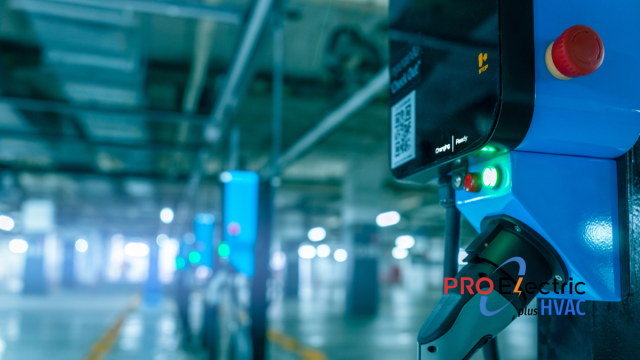
The geographic distribution of these stations tends to favor urbanized hubs and business areas, restricting choices for suburban and rural commuters.
Consequently, EV owners might travel out of their way or wait for a suitable charger for days.
Extensive commutes
Public charging stations could be packed during rush hours and cause delays.
And only some public chargers support high-speed charging.
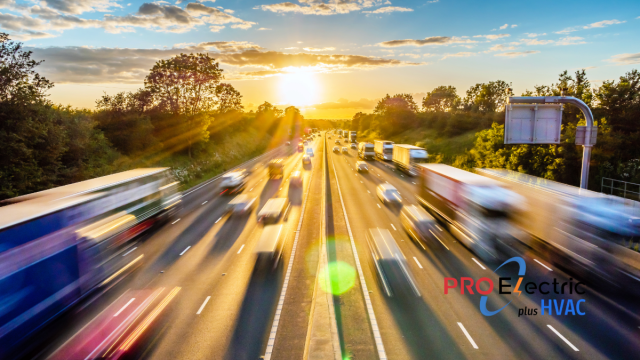
The more typical Level two chargers can take several hours to fully charge an EV, making them unsuitable for commuters who want to get to their destinations quickly.
This impacts punctuality and increases stress as drivers contend with variable wait times.
Reliability & maintenance problems
Public charging stations are susceptible to downtime because of Maintenance Issues or technical malfunctions.
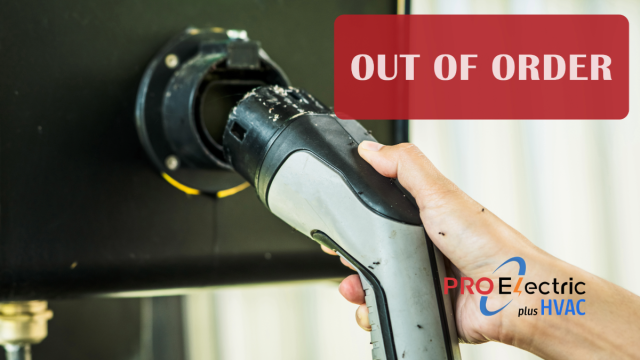
In areas where commuting times are lengthy, like Northern Virginia, such downtimes can strand drivers or force them to look for alternative, usually much less convenient, charging options.
Furthermore, regular usage with no appropriate maintenance may result in wear and tear or vandalism, further lowering the reliability and accessibility of these resources.
Cost Implications
Public charging stations generally collect usage fees that accumulate quickly, particularly for daily commuters.
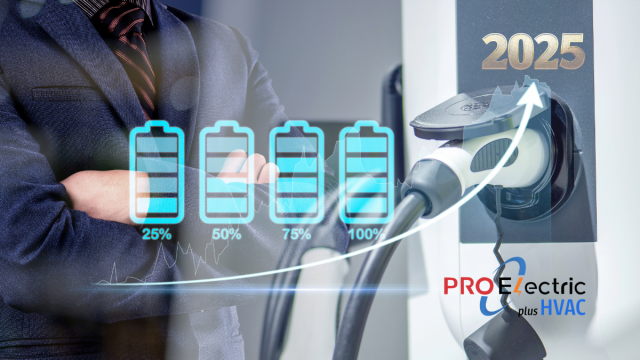
Pricing variability across networks and locations further complicates the situation for EV owners to predict and manage their charging expenses.
Huge costs may reduce the monetary advantage of having an EV, making it much less appealing for some prospective users.
Navigational and Technologic Challenges
Insufficient integration of charging station information in navigation systems makes Finding available charging stations in real-time challenging.
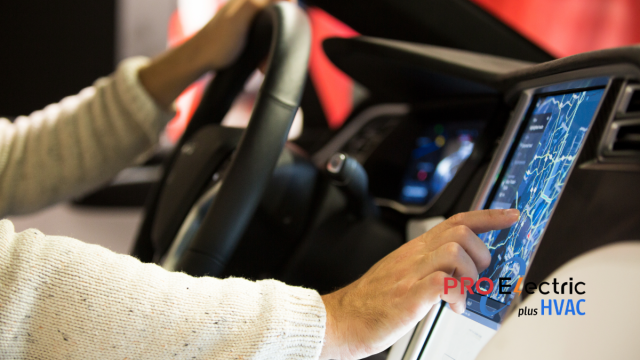
This inefficiency leads to squandered time searching for functional chargers and complicated commutes.
Furthermore, not all charging stations work with every EV version, which makes commuters spend extra time searching for an option in case their car isn’t compatible with available chargers.
A Home EV Charging Solution
Installation of home charging stations
The best solution to public Charging problems is the installation of home EV chargers.
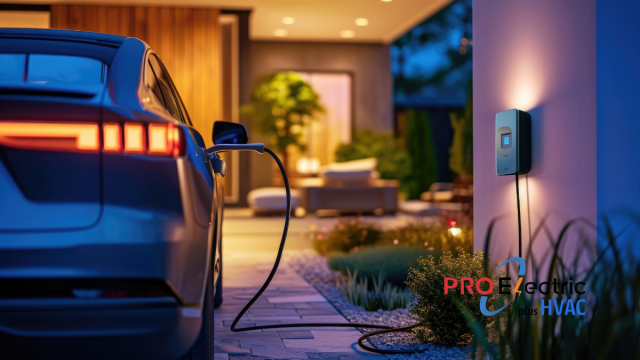
Level 2 home chargers offer a substantial speed advantage over regular Level 1 chargers and generally deliver a complete charge within 4-6 hours.
This makes overnight charging feasible so you can charge up for the morning commute without using public stations.
To have a separate charging station at home also means staying away from waiting for a public charger.
Smart chargers
These offer more convenience. Smart home EV chargers enable remote monitoring and control through smartphone apps to manage charging sessions from anywhere.
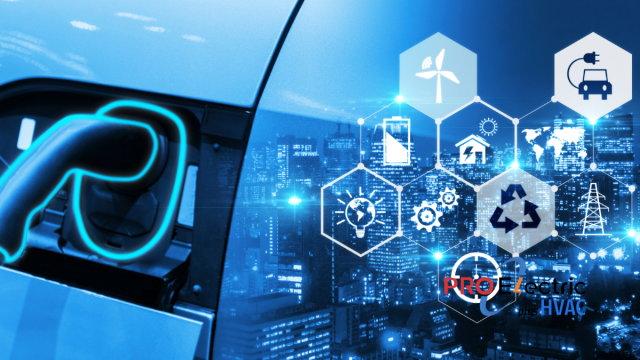
These chargers enable scheduling during off-peak times to enjoy decreased electric rates and lower fuel costs.
Smart chargers may also be incorporated with household energy management systems to minimize power usage and avoid overloading circuits, making charging easier.
Cost-Effective
Installation Incentives Federal and state rebates and utility business programs can lower the cost of purchasing and installing a home EV charger.
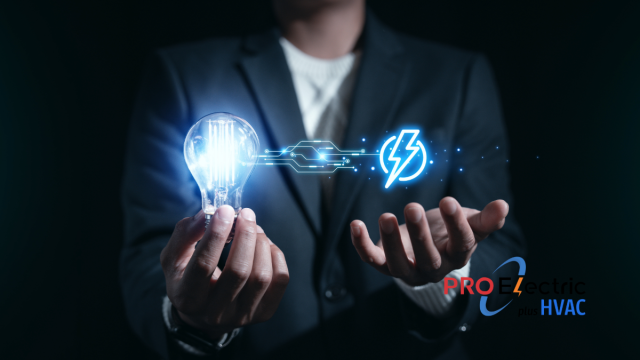
Help with taxes and rebates makes home charging solutions more affordable, fostering higher adoption by homeowners.
Furthermore, some utilities require EV charging at discounted electric prices, further lowering the ownership price and making home charging economically practical.
Optimizing Home Electrical Systems
Ensure your Home’s Electrical panel can deal with the extra load of a Level 2 charger.
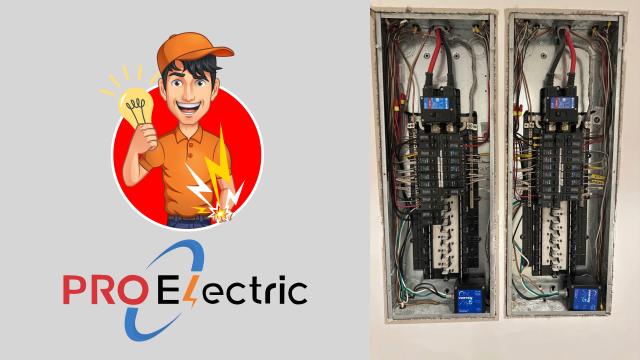
Upgrade to a higher capacity electrical panel in case required & install dedicated circuits for your home EV charger.
Having a licensed electrician examine and upgrade your electrical system helps ensure that the setup meets local codes and standards, reducing electric hazards.
Strategic Charger Placement
Positioning your home Charger near the primary parking area (a garage or driveway) provides convenience and decreases the length of the charging cable.
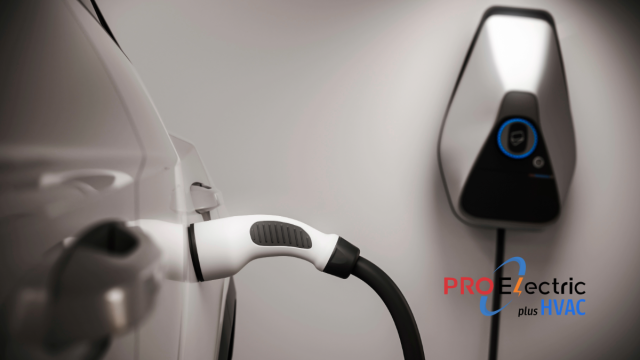
Installing chargers in covered or shaded areas helps them resist harsh weather and keep them functional.
Also, charger designs and installation places that match your home’s exterior keep the charging station out of sight.
Integration with renewable energy
Pairing a home EV charger with solar panel systems provides environment-friendly charging with renewable energy.
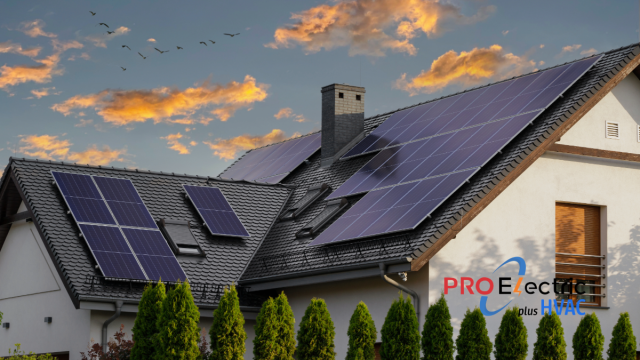
Solar energy can reduce electric bills and give you energy independence, particularly during peak sunlight hours.
Including energy storage solutions like home, batteries give you consistent charging availability even in non-sunny periods and backup power during outages to boost your home charging setup.
Enhanced Security Features
Tamper-proof designs and locking connectors prevent unauthorized access and vandalism and ensure the secure installation of home chargers.
Setting up security cameras near the charging station and utilizing smart charger functions, which deliver alerts to your smartphone when unusual activity is detected, provides additional protection to the home charging setup.
Maintenance and Support
Regular inspections and preventive maintenance on your home EV charger and electric connections.
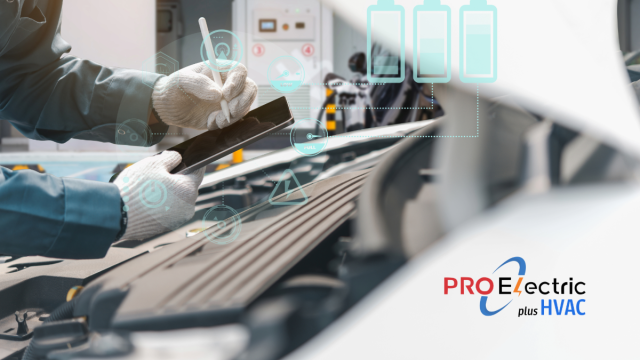
Working with electricians & charger manufacturers, which provide excellent customer support & warranty services, gives you technical support to diagnose and solve issues with your home charging system.
User Education and Training
Understanding the features of your home charger, such as scheduling and remote monitoring for efficiency, is essential to an optimized charging experience.
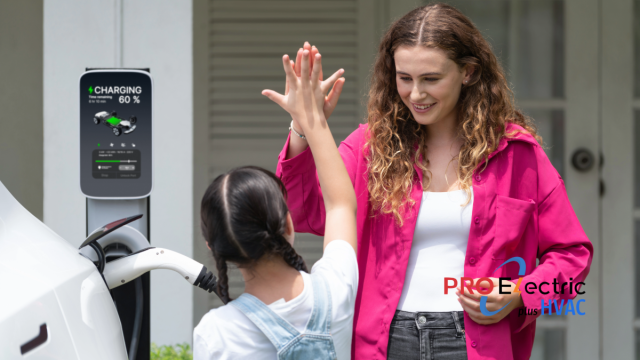
Learning safety recommendations and best practices for operating and maintaining your home EV charger is also essential before setting it up.
Local resources, including online guides and workshops, can help you learn more about managing your home charging system.
Leveraging Home Automation Systems
Integrating your Home EV charger with existing Smart Home Systems provides unified control & automation for improved user convenience.
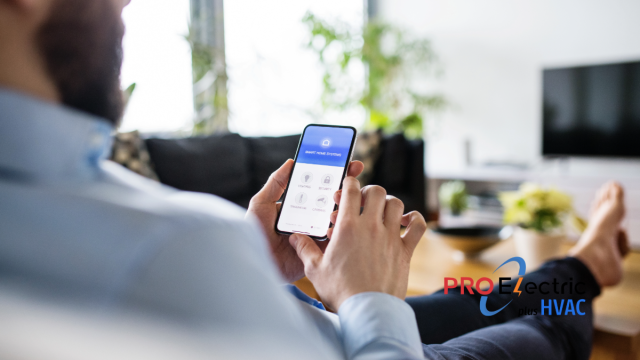
Voice-activated assistants might handle charging sessions hands-free.
Home automation systems can also record real-time power use and charging patterns to enable energy management and price control.
Based on energy use data and home energy needs, automated changes can be made.
Ready to make charging your EV easier and more convenient?
Contact PRO Electric plus HVAC today for a free estimate on your home EV charger installation.
Our expert team is here to ensure a fast, safe, and seamless setup so you can enjoy the convenience of charging right at home.
Don’t wait—reach out now and take the next step toward hassle-free EV charging!
